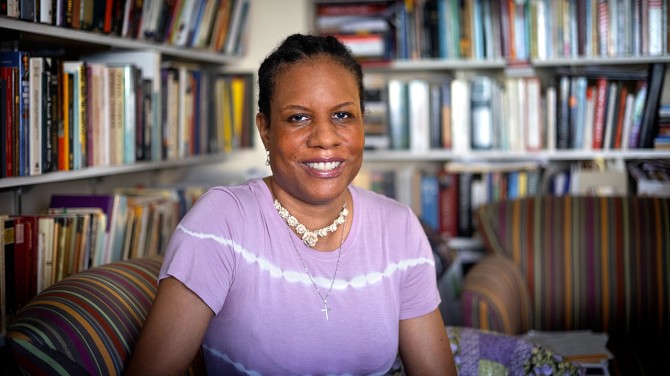The Royal Australian College of General Practitioners (RACGP) has welcomed this year’s Budget in Reply and urged Opposition Leader Anthony Albanese to have general practice front of mind when considering the future of aged care.
The college has long argued that GPs are an essential and often over-looked component of the medical workforce providing care to older people, including those receiving care in the community.
The college has also urged whoever forms government to enact the reforms set out in the RACGP Federal Election Statement, which include:
· new service incentive payments to improve regular, continuous, and preventive care for older people
· increasing Medicare rebates for patients who need longer appointments with their GP
· retaining telehealth rebates for patients to have longer telephone consultations with their GP
RACGP President Dr Karen Price said that the role of general practice in the broader aged care system was often not properly recognised.
“I welcome the increased focus on aged care in this year’s Budget in Reply because for too long many of these issues have been put in the too hard basket,” she said.
“Unfortunately, general practice patient services are often overlooked when considering the health and wellbeing of older people and our role in the aged care system. We go about our work quietly and without much fuss and so we are often overlooked.
“GPs play a key role in the aged care system and all governments should have that front of mind. When many people think of the aged care system, their mind turns to caring for people in residential aged care facilities. This is of critical importance and GPs across the country play a key role in providing services to residents of aged care facilities. However, it is a timely reminder that the majority of aged care services are actually provided by GPs in the community, where GPs keep these people healthier and living at home longer.”
Dr Price said that several reform could make a real difference for GPs.
“Making sure that older people have strong access to general practice care can make all the difference to their health, wellbeing and outlook on life, regardless of whether it’s in an aged care facility or at home,” she said.
“As I have said many times before, funding reforms are sorely needed. The RACGP has long called for a voluntary patient enrolment model that will include all people over 65 living in the community and residents of aged care facilities. This would significantly enhance continuity of care and ensure a stronger focus on early intervention and chronic disease management.
“We also need to reform Medicare to assist the work of GPs in the aged care system. A vital step forward would be increasing Medicare items for attendances at residential aged care facilities and home visits. As things stand, the current rebates simply don’t reflect the unique challenges of providing this type of care to some of the most vulnerable members of our community.
“Improvements in technology would also make a real difference for patients in aged care facilities. To take just one example, medication management for these patients’ needs to be modernised because right now in the year 2022 it is largely paper based. We also need to enhance remote access to patient records and medication charts so that we can keep an eye on what is going on.”
The RACGP President also implored the Opposition to have the RACGP’s Election Statement front of mind in the weeks ahead.
“Earlier this year, we released an Election Statement urging government to adopt a series of timely reforms to improve patient health outcomes,” she said.
“These reforms would save the health system at least $1 billion within a year and ensuring GPs can better meet the needs of their patients in communities across Australia. So, I urge the Opposition, and indeed all parties and candidates of all persuasions, to carefully consider that high quality general practice care requires time – time to listen, time to assess and time to collaborate with other health professionals.
“That is why we are urging action to give GPs a helping hand. We are calling for investment in care for older people through a new service incentive payment, or SIP, that helps support the provision of a grouping of services including a health assessment for older Australians and a frailty assessment.
“Something else that would make an enormous difference is a 10% increase to Medicare rebates for Level C and Level D GP consultations as well as a introducing a new Medicare item for longer consultations lasting more than 60 minutes so that we can really take the time to get the bottom of what is going on for patients with complex needs, including those with mental health concerns.
“We also believe it is crucial to reinstitute Medicare rebates for longer telephone telehealth consultations. This is something that is particularly beneficial for those patients who do not have access to the skills or technology required for video technology. This is especially the case for patient groups with increased health needs, such as rural and remote communities, Aboriginal and Torres Strait Islander people, and older people.”
The RACGP Election Statement, Pre-budget submission and submission to the Primary Health Care 10 Year Plan all highlight why investment in general practice is more important now than ever before.
~








